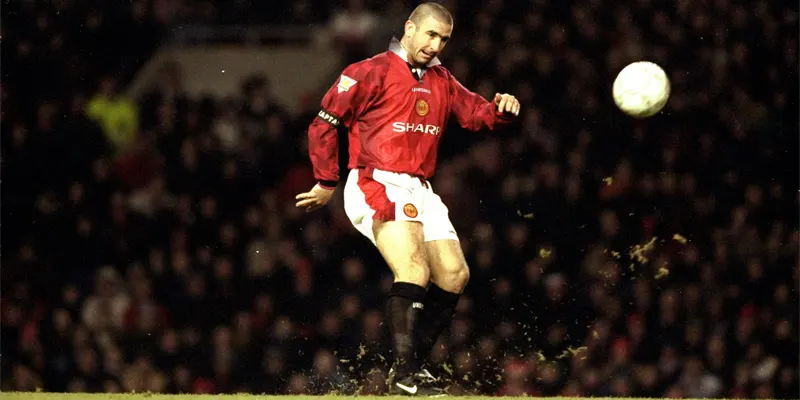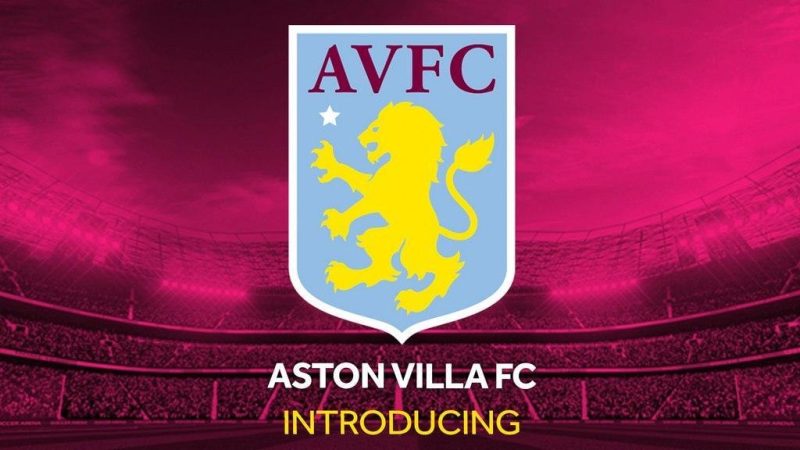
Tottenham Hotspur
One of the most captivating aspects of Tottenham Hotspur is its tactical philosophy and style of play. This section will explore how the club’s approach on the field has evolved over the years, as well as the influence of key managers who have left their mark on Spurs’ playing ww88
The Tactical Philosophy and Style of Play – Mauricio Pochettino
The tactical setup of a football team often dictates its performance on the pitch.
Traditionally, Tottenham has favored an attacking style of play, emphasizing fluid movement and creativity. This ethos stems from the club’s commitment to entertaining football—a philosophy that has endeared Spurs to fans over the decades.
Under the management of Mauricio Pochettino, the club adopted a high-pressing system that sought to win the ball back quickly and transition into attacks. Players were encouraged to express themselves and take risks, leading to exhilarating counter-attacks and goal-scoring opportunities. Pochettino’s emphasis on fitness and agility ensured that players were always prepared to execute the game’s demands.
This approach created a dynamic environment where players thrived, exemplified by the emergence of stars such as Harry Kane and Dele Alli, who flourished in the fast-paced system.
Evolution of Playing Style
As the club transitioned into the modern era, significant changes occurred regarding its playing style.
Following Pochettino’s departure, the recruitment of José Mourinho brought a contrasting tactical perspective. Known for his pragmatic approach, Mourinho prioritized defensive solidity while maintaining a counter-attacking threat. This shift sparked debates among fans, as some preferred the excitement of Pochettino’s style, while others appreciated Mourinho’s emphasis on winning.
The current playing style reflects a balance between these two philosophies. Managers aim to harness the attacking creativity that has historically defined the club while ensuring defensive organization and discipline. This blend allows Spurs to compete against the top teams domestically and in Europe.
Ultimately, Tottenham Hotspur’s adaptability in terms of tactics demonstrates a commitment to evolving alongside the ever-changing landscape of football.
Key Players: Icons of the Club
No discussion of Tottenham’s tactical philosophy would be complete without acknowledging the key players who have embodied the club’s spirit throughout history.
Figures like Glenn Hoddle, Teddy Sheringham, and more recently, Harry Kane, have not only performed on the field but have also represented the values of the club. Their skill, dedication, and passion have inspired countless fans and aspiring footballers alike.
Harry Kane, in particular, stands out as a modern-day icon for Spurs. His ability to score goals, create chances, and lead by example has made him a talismanic figure for the club. Additionally, his commitment to representing Tottenham has fostered a strong connection between the player and the supporters.
These players are more than just athletes; they embody the essence of Tottenham Hotspur, leaving an indelible mark on the club’s illustrious history.
Future Aspirations: Goals and Challenges Ahead
As we look ahead, Tottenham Hotspur faces new challenges and aspirations in a competitive football landscape. This section will explore the club’s objectives, potential hurdles, and the broader vision for continued growth and success.
Building on Recent Successes
After experiencing a surge in performance and visibility on the global stage, Tottenham’s primary goal is to build upon recent successes.
The ambition remains to challenge for domestic titles and make a significant impact in European competitions. The club aims to establish itself not only as a contender but as a team capable of consistently competing for silverware.
Investment in squad depth and quality will be crucial moving forward. As seen in previous seasons, injuries can derail even the best-laid plans, making the need for a robust roster essential. The promotion of youth players through the club’s academy also remains a priority, ensuring that fresh talent is nurtured and integrated into the first team.
Navigating Financial Realities
While the club has enjoyed increased revenue from its new stadium and sponsorship deals, financial realities persist.
The economic landscape of football requires clubs to manage their budgets wisely, balancing investment in players with the need for sustainable growth. The pressure to perform is magnified, especially with rivals vying for similar resources and accolades.
Spurs will need to navigate these financial challenges while remaining committed to their principles of developing talent, investing strategically in the transfer market, and fostering a winning culture.
Global Competitiveness: The Premier League Landscape
The competitiveness of the Premier League poses both opportunities and threats for Tottenham Hotspur.
With traditional powerhouses like Manchester City, Liverpool, and Chelsea dominating the scene, breaking into the upper echelons remains a formidable task. However, the rise of teams like Leicester City has proven that with the right strategy and execution, success is attainable.
Tottenham’s ability to adapt and evolve its tactical approach will be critical in overcoming these challenges. By continuing to invest in the right players and fostering a cohesive team spirit, Spurs can position themselves as serious contenders in both domestic and European arenas.

